These 5 Web3 Trends Are Reshaping the Business of Real Estate

Real estate is often seen as stodgy and resistant to change, but even in this slow-moving industry blockchain technology has been making inroads. Here are examples of Web3 applications that are transforming the business of owning, selling and managing physical property.
Properties as Tokens
Decentralized finance (DeFi) services are not your grandpa’s bank. They run on an interlocking system of smart contracts, oracles and blockchains. DeFi is able to provide more convenient and seamless service that paves the way for innovations previously not possible, particularly in underserved markets.
CitaDao.io is a DeFi platform that tokenizes real estate. They are working to solve lack of liquidity, access limitation and lack of composability by creating interoperability with other DeFi applications. Communities can diversify their portfolios on-chain and generate stable yield through real-world assets that have constant liquidity enabled by an Automated Market Maker algorithm.
NFTs Deeds
Non-fungible tokens (NFTs) are all the rage now, but the applications aren’t limited to profile pictures and artist fanclubs. Propy’s proprietary technology and legal framework uses NFTs to represent property ownership. The record of a purchase is placed on the blockchain and provides access to the legal documents. This minimizes costs for buyers and streamlines the purchasing process down to mere minutes.
Sales happen on Propy’s NFT Marketplace using the USDC token. (USDC is a so-called “stablecoin,” meaning it doesn’t have the volatility of other cryptocurrencies.) Propy in February completed its first sale of a real estate-backed NFT, selling a Florida property for 210 ETH (about $653,163 at the time) after receiving 3,000 bids.
Fractionalized Investment
Real estate has historically been an Illiquid asset, which is one of the reasons it has been less accessible for investment by people in lower economic brackets. At the same time, taking advantage of different property market trends across the globe has been a privilege available only to the wealthiest individuals. RealT is trying to tackle these problems by leveraging NFTs to offer fractional investing, with lots starting as low as $50.
RealT’s recent partnership with DeFI giant AAVE opens up a brand new market for users to borrow stable coins by collateralizing holdings. The combination of blockchain’s minimal settlement times and low transaction fees is a democratizing force that could bring stock market-level trading velocities to real estate.
Crypto Mortgages
Milo is a fintech startup that is promising to deliver the world’s first “crypto mortgage” by allowing customers to use Bitcoin as collateral to qualify for a 30-year loan. Price volatility is addressed by changing the interest rate using a ratio of the crypto currency value to loan amount. If it falls below 65%, that triggers a margin call. When the ratio hits 30%, Milo will liquidate the assets and store the value in USD.
In a sign of increasing adoption of cryptocurrencies as portfolio assets, Michigan-based United Wholesale Mortgage said in August it will start accepting crypto from its borrowers as part of a pilot program. The second-largest U.S. mortgage lender started with Bitcoin and is now considering other assets like Ethereum.
Peer-to-Peer Marketplaces
The median U.S. home sale price was $346,900 in 2021, up 16.9% from the year prior and the highest on record going back to 1999, according to data from the National Association of Realtors. Vesta is a Peer-to-Peer marketplace for real estate-backed NFTs that allows homeowners to easily leverage and sell a portion of their home equity. Investors can buy into the future appreciation of a property and build a portfolio of real estate assets much in the same manner as they do with stocks.
LandOrc is a project on Polygon that is tapping into these trends by bringing DeFi-based lending to real estate developers. Land titles represented by LandNFTs are used as collateral and the platform offers rewards generated by interest charged to developers, similar to the annual percentage yield earned by liquidity providers on DeFi lending protocols. The backing by real-world assets helps reduce risk relative to other DeFi offerings which are backed by volatile digital assets.
The team last year completed an initial sale of its LORC token, launched staking in India and began making inroads into the U.S. This year it plans to expand across Asia and into Australia, make an entry into the African market, and list on additional centralized exchanges.
Reach out to us to learn more about how your business can leverage the power of blockchains. Keep up with the latest development on our blog.
Let’s bring the world to Ethereum!
Website | Twitter | Ecosystem Twitter| Developer Twitter | Enterprise Twitter | Studios Twitter | Telegram | Reddit | Discord| Instagram | Facebook | LinkedIn



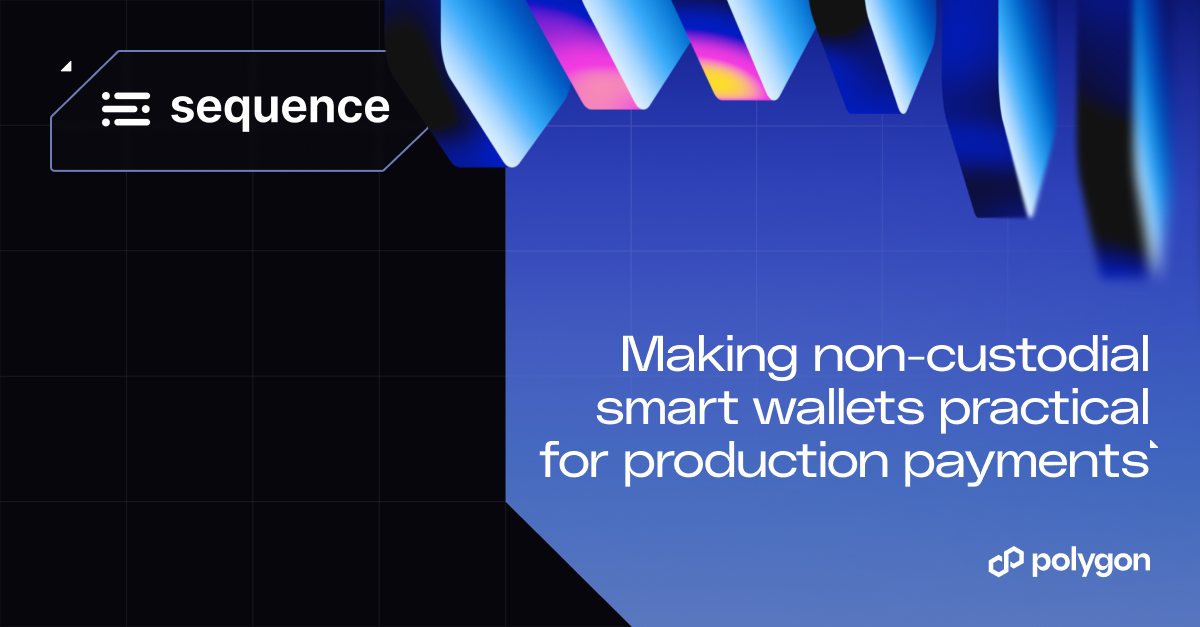


.jpg)
.jpg)
.png)

.png)

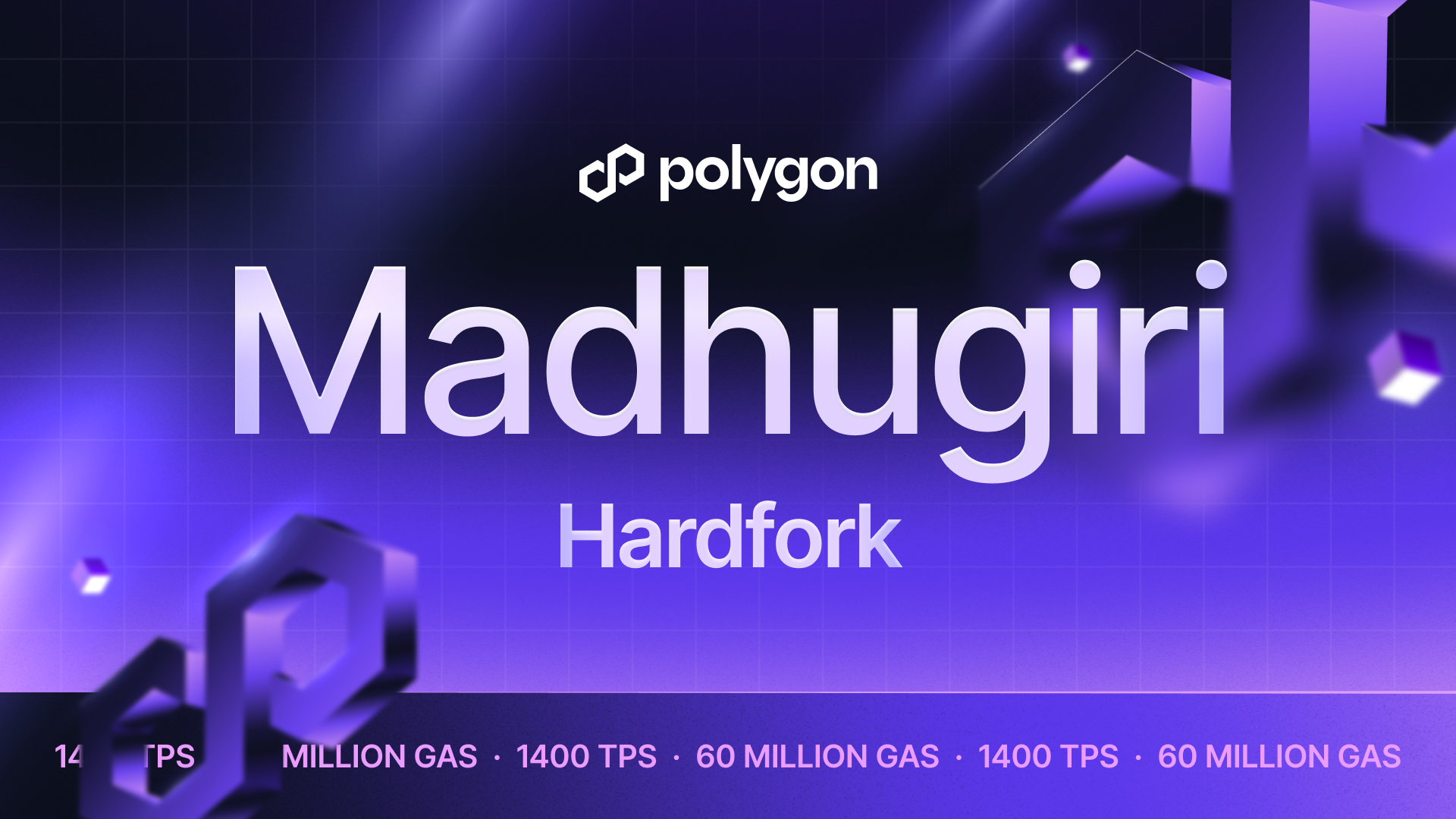
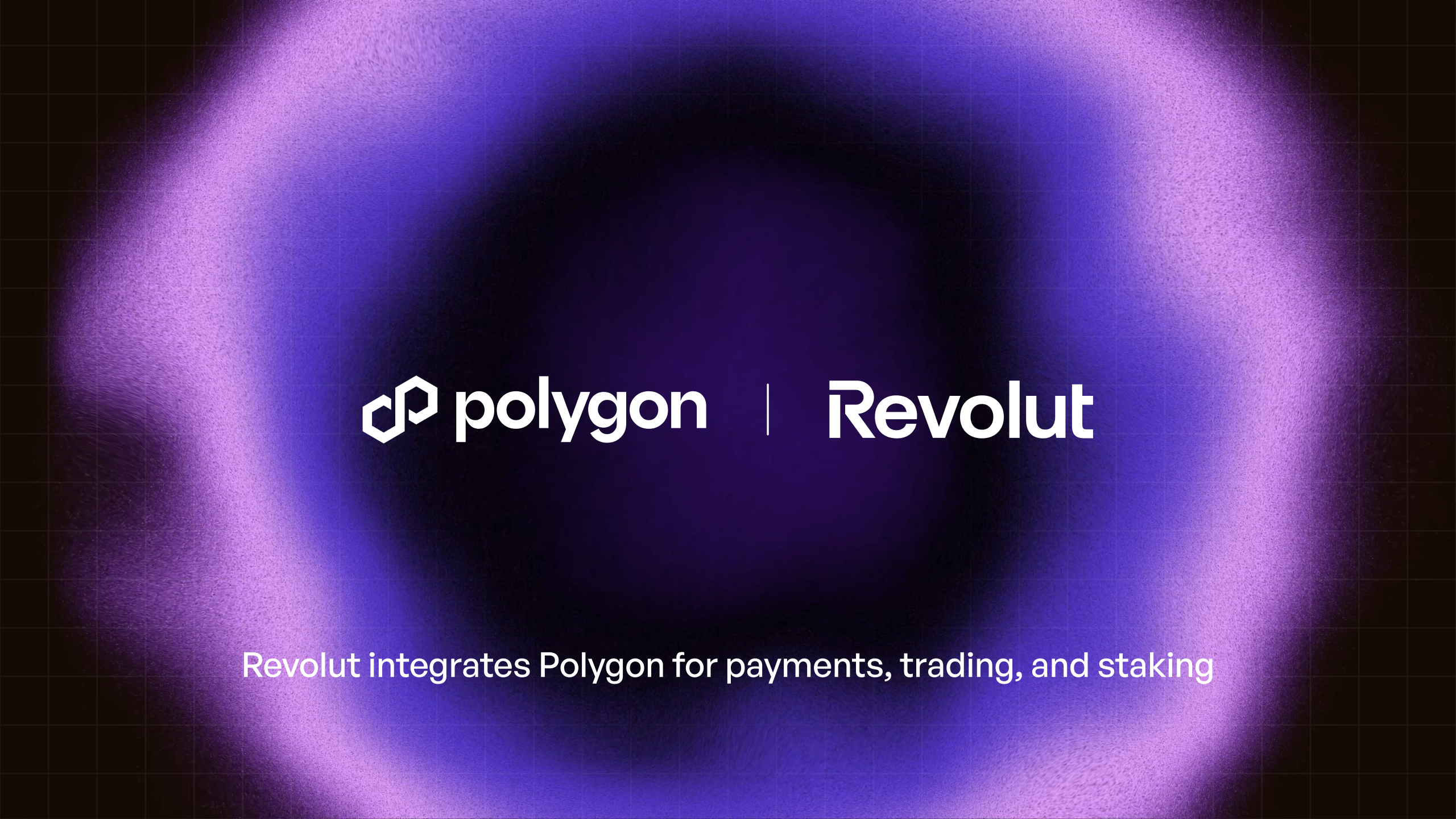
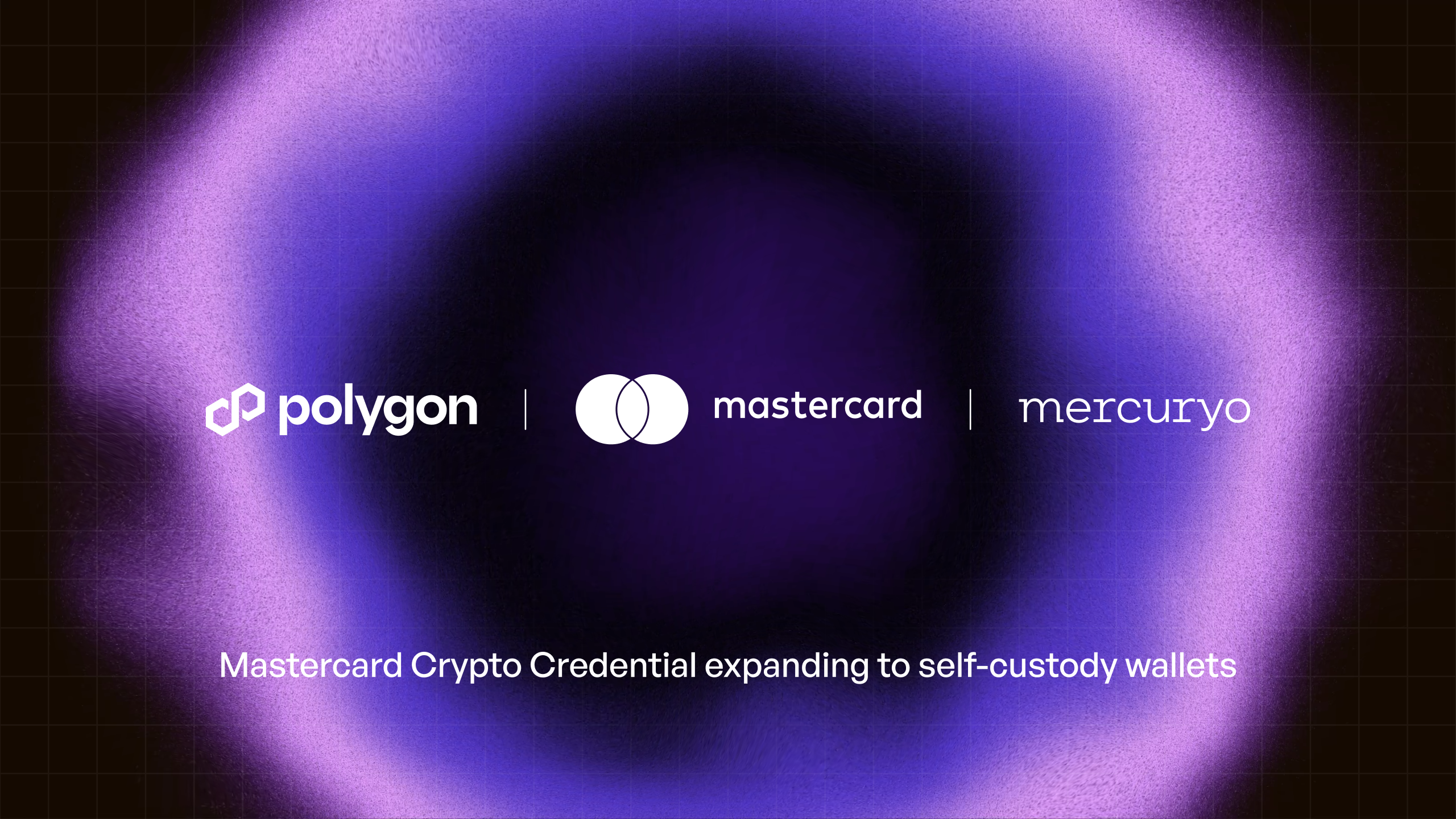
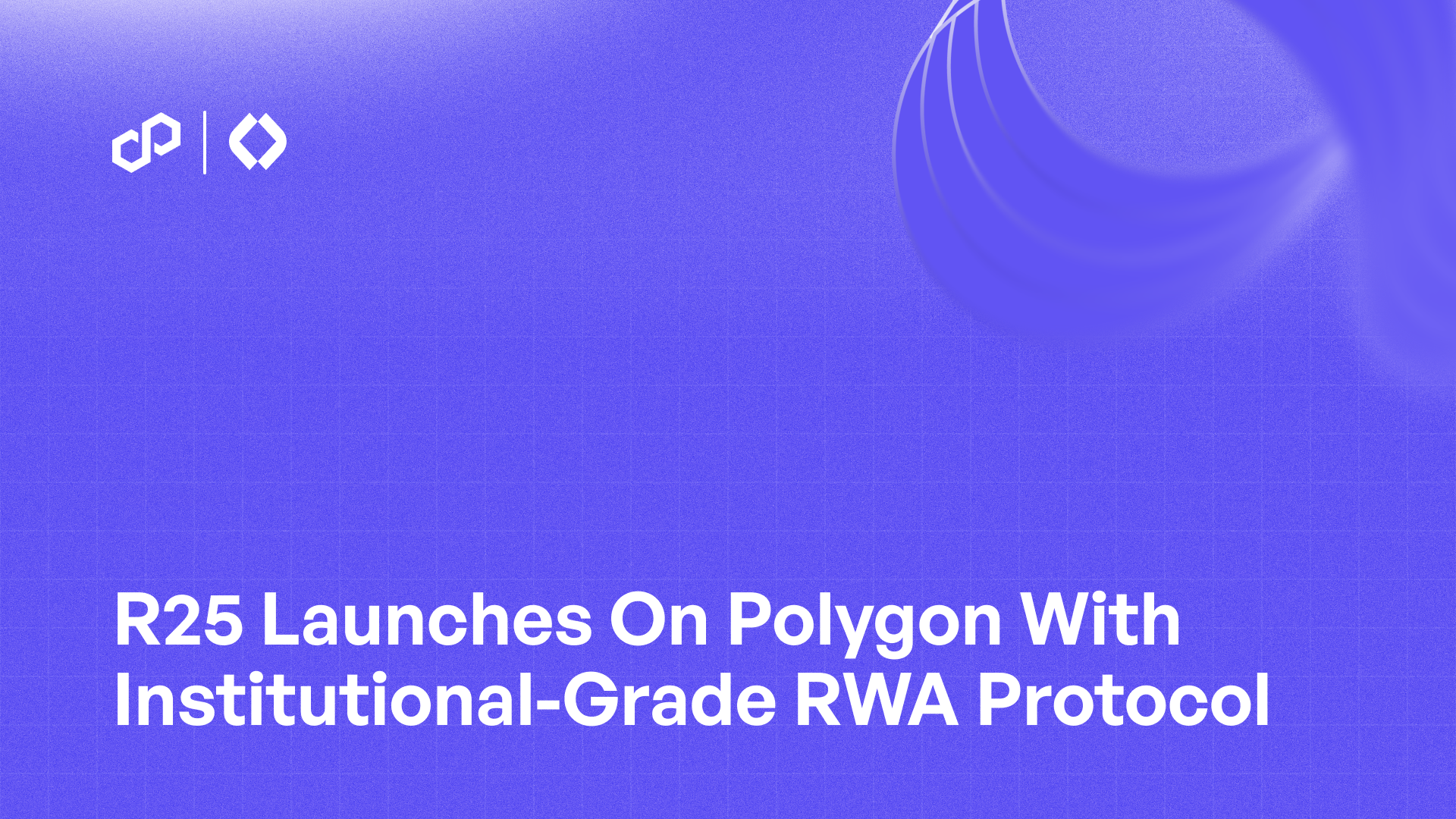
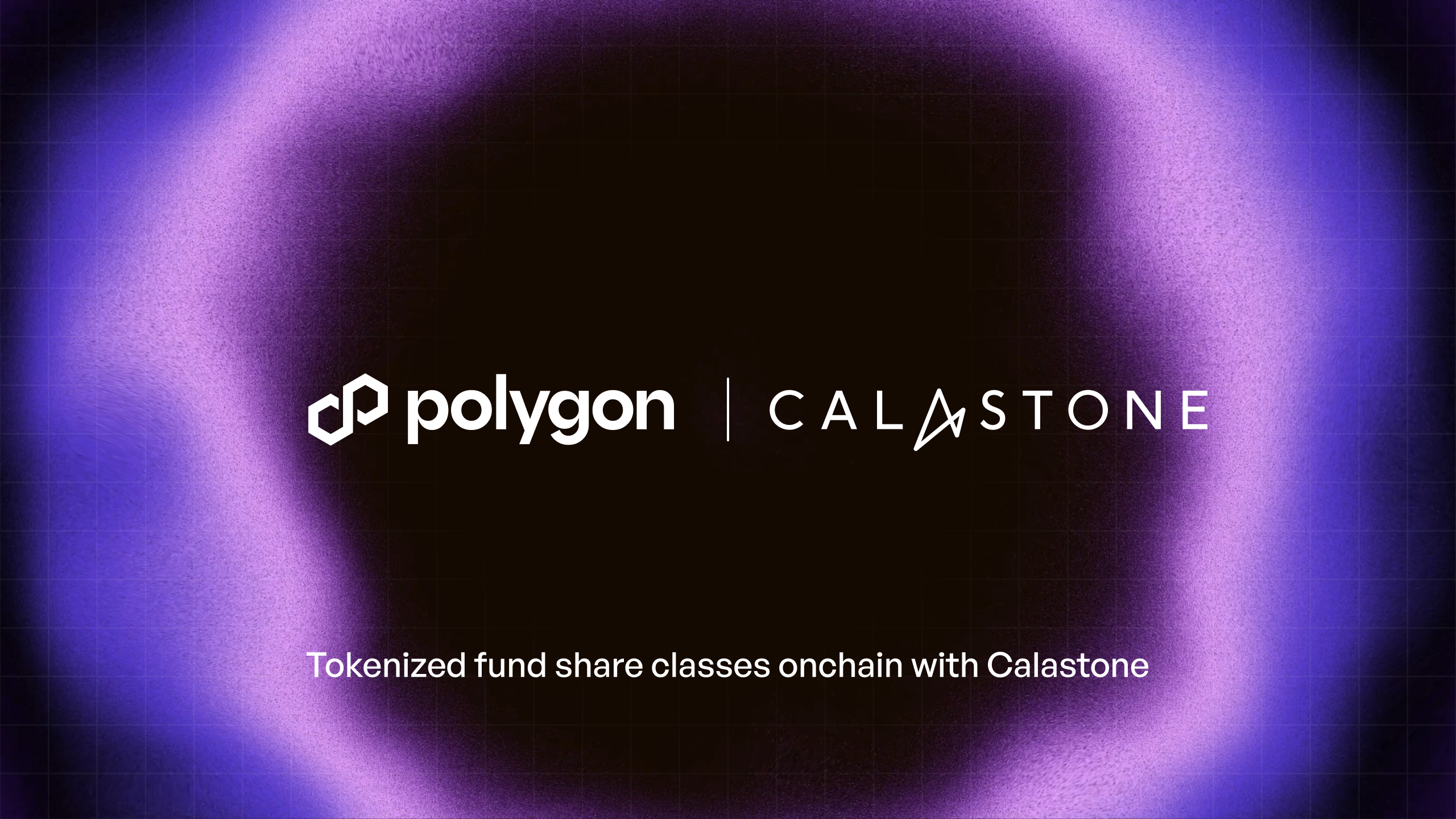
%20(1).png)